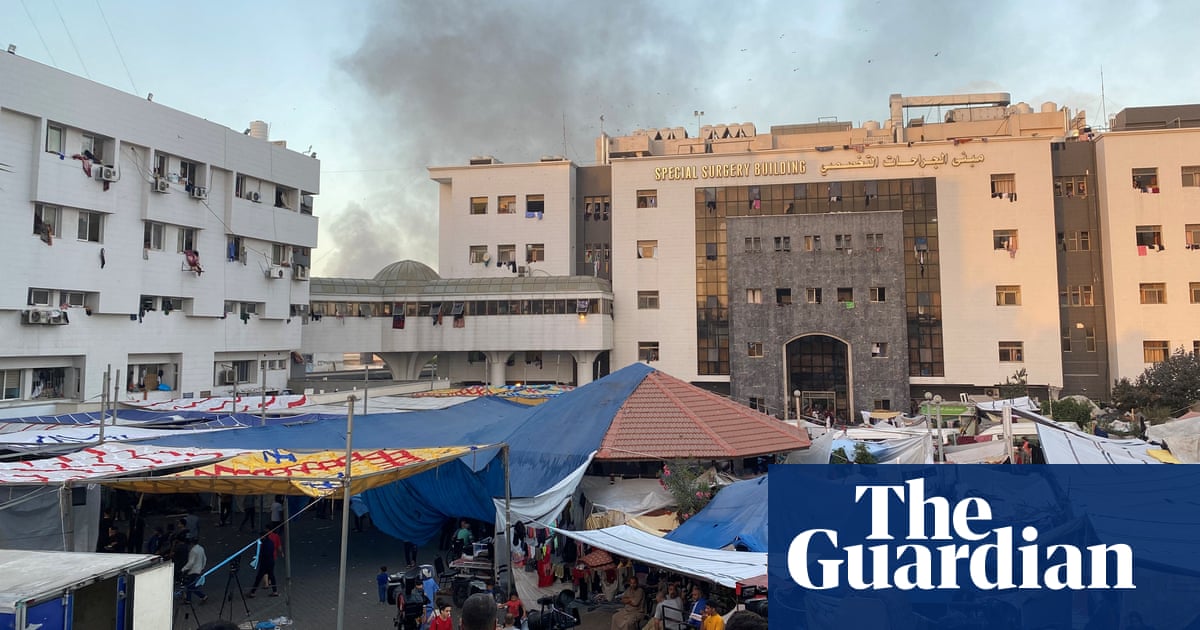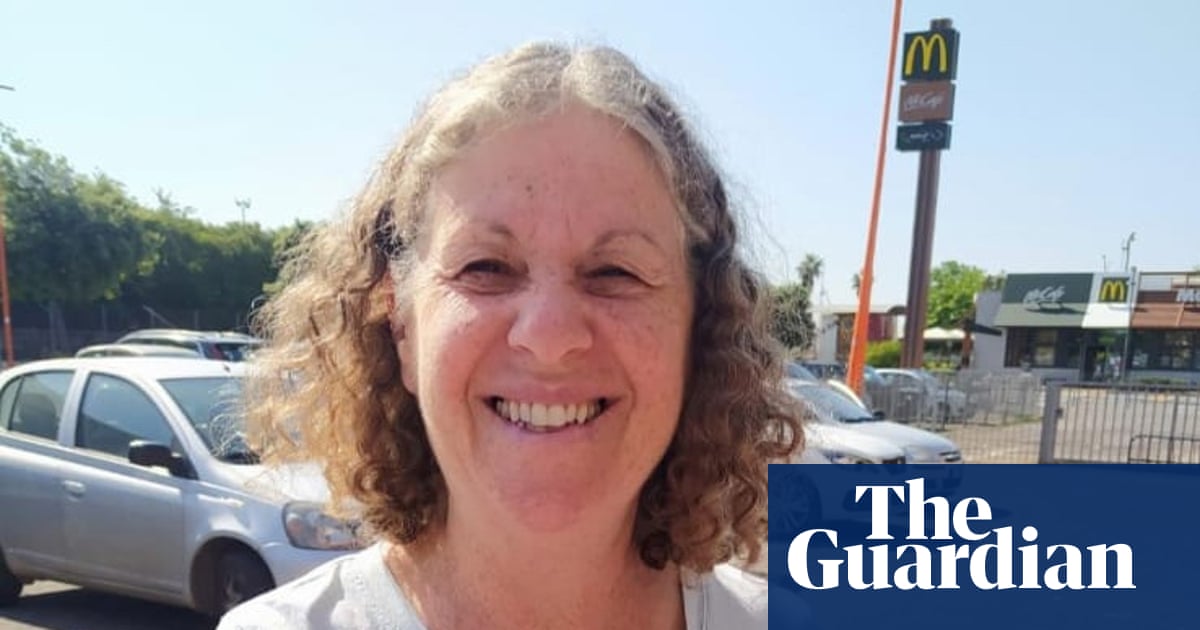
Frustrated medics say they are beginning to run out of patients in the government’s top four priority cohorts to vaccinate and fear that lives will be lost unless they are allowed to immunise more people immediately.
Doctors at the Francis Crick Institute in London say they are providing first doses at a rate of 100 a day when they have capacity for 1,000.
Dr Sam Barrell, the chief operating officer at the institute, which opened as a mass vaccination centre on 18 January, said: “Every day lost, where you have vaccine supply and vaccinators, is lives lost and livelihoods lost.”
A growing number of vaccination centres have given a first-dose jab to virtually all local people in the first four priority groups that want one, but they are not expected to be allowed to move on to groups five and six until next week.
The latest figures show 450,000 people received an initial vaccination on Wednesday, taking the UK total to 13.5 million, compared with a population of 15 million in the top four immunisation cohorts.
Priority groups one to four include anyone over the age of 70, people who are clinically extremely vulnerable, plus NHS and care workers. Figures show that 91.2% of the over-80s and 95.6% of those aged 75 to 79 had received a jab in England as of Sunday.
Take-up is lower among the 70-74 group, at 74%, but many of those will have been targeted only this week, prompting calls to move on group five, 65- to 69-year-olds, and group six, people with underlying health conditions.
Prof Charles Swanton, an oncologist who is a group leader at the Francis Crick Institute, said: “Clinically, we are worried by the delay in opening up cohorts five and six. Every day we lose, every person we’re not vaccinating, is another person at risk who potentially could end up in hospital, who could potentially end up in ICU, in extremis.”
Boris Johnson is expected to announce in the coming days that the UK has completed the initial part of the biggest vaccination programme in British history, and tell clinicians to move on to the next two cohorts.
But some GPs around the country have already quietly been given the green light by NHS officials to offer inoculations to younger patients.
Gavin Shields, a GP and vice-chair of the Coventry local medical committee, said: “We’ve been straining at the starting gate like racehorses for the last week. We now have the green light as of last night to do cohort five. We’ll do all our patients in this group by Saturday evening. Then we’ll be pressuring to be allowed to start cohort six next week.”
The Royal College of GPs said it was aware there were “some frustrations” among its members about the situation, although it said it was hard to quantify how widespread it was. But it added the position was likely to be resolved when the next cohorts are formally invited to receive first dose jabs.
If current rates continue, it could be possible to offer a first dose of jabs to groups five and six by early March, and to the remaining three priority groups – people aged 50 to 65 – by early April, just as the need for second injections begins to step up.
Jeane Freeman, the Scottish health secretary, said supply would be constrained across the country from next week because one of the vaccine suppliers, Pfizer, is squeezing production as it carries out work to increase capacity at its European plant in Belgium. The programme would “need to scale back a bit,” she said.
Pfizer’s is one of the two available vaccines, and although ministers will not say how much supply of either Pfizer or the alternative from AstraZeneca is available, data suggests it has been critical to the overall effort so far. The AstraZeneca vaccine accounted for 34% of all first doses, according to analysis by OpenSAFELY of records of 3.6m jabs provided by a group of GPs.












